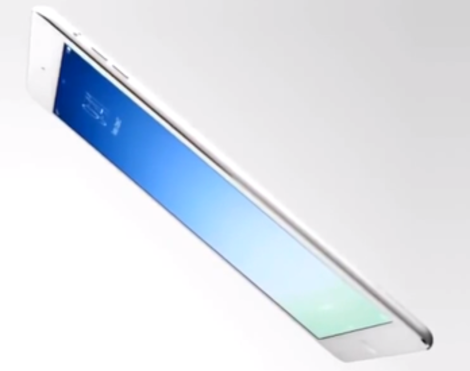Can Apple's new iPads push them back to the forefront of the tablet market?
New iPad air and iPad Mini to launch in the UK in November
By Christopher Morris | Yahoo Contributor Network
Apple is hardly a company in strife; in fact it was recently named the world's top brand
by an influential organisation. But the feeling persists that the once
predominant producer of smartphones and tablets has lost something of
its lustre over the last couple of years, with competitors eating into
its market share and profitability, most notably Samsung with its Galaxy
series.
It is in this context that Apple has unveiled two new tablet computers
this week, the iPad Air and a iPad Mini. The iPad Air is essentially a
leaner, meaner version of its high-end tablet computer, and will retail
at £399 in the UK initially, while the iPad Mini's selling point is
typically considered to be its ultra high-definition 'retina' display.
The new iPad Mini is being launched at a slightly cheaper price point of
£319 from 1st November.
Can these new devices re-establish Apple at the forefront of the tablet market? This is certainly the intention, with the image of the company having slipped slightly among computing aficionados in the last few years.
Once the epitome of cutting edge tech and design, combined with a rarely equalled street cred and coolness, recent years have seen Apple begin to be considered by some as rather greedy, and keen to direct the way that users utilise their devices, rather than providing an open and flexible platform.
A big plus point for Apple is that despite rumours to the contrary, both of these devices will be on the market in time for Christmas. There had been murmurings that manufacturing delays would scupper Apple's bid to reach this key seasonal market, but apparently any such difficulties have been effectively overcome.
Another positive is that both devices have received a very warm critical reception. Apple have always been known for the immense quality of their design and production values, and the iPad Air has been praised by reviewers for its simply gorgeous and light-as-a-feather design. It runs as fast as lightning, and has greatly impressed all of those that have dabbled with it in terms of its running speed and ease of use. And the visuals of the iPad Mini have been widely considered to be the best of any tablet computer that has been released thus far, blowing reviewers away in large numbers.
Tablet computing was recently reported to be the fastest growing technology in history,
and the market is expected to continue to grow exponentially in the
future. There is no doubt that Apple will remain a major player in this
market; after all, the iPad essentially launched it, and certainly
popularised it. And the early signs indicate that those who were ready
to write off this most innovative and design-conscious of electronics
firms were rather rash. The new iPads look likely to re-establish Apple
at the forefront of this important market, regardless of the number of
competitors that attempt to bite into Apple's market share.
